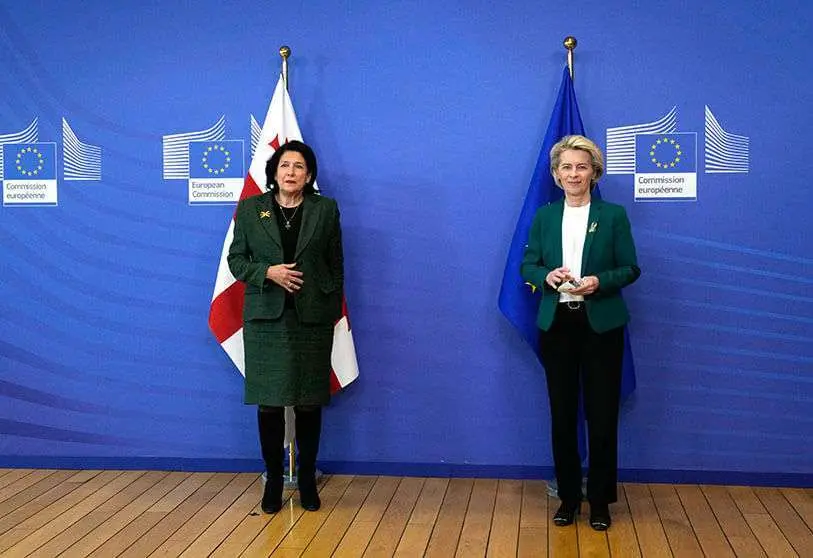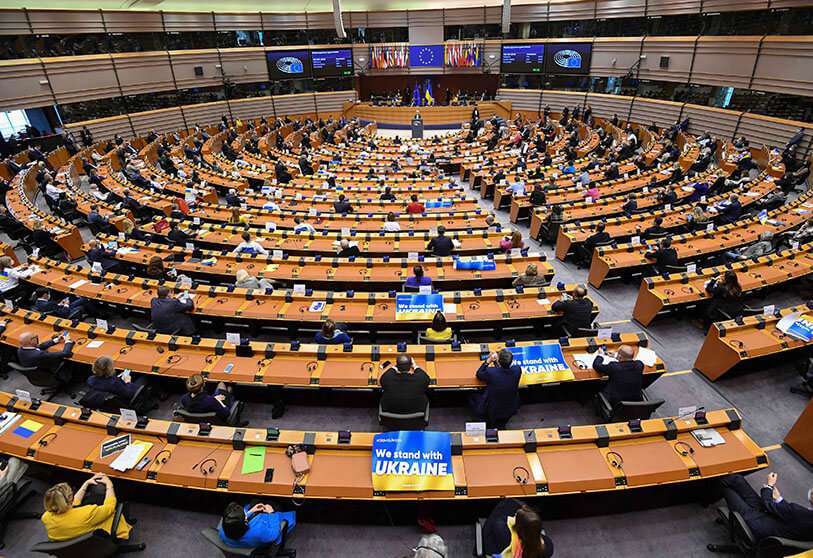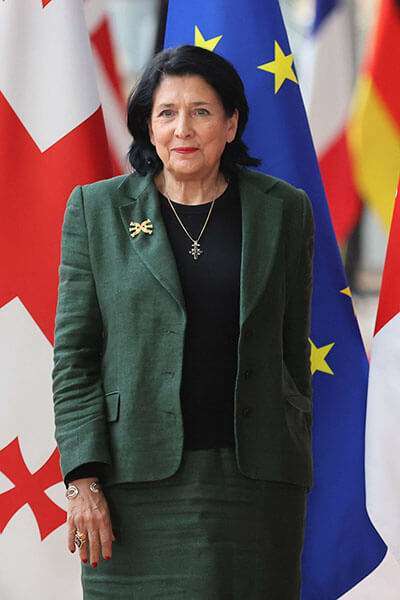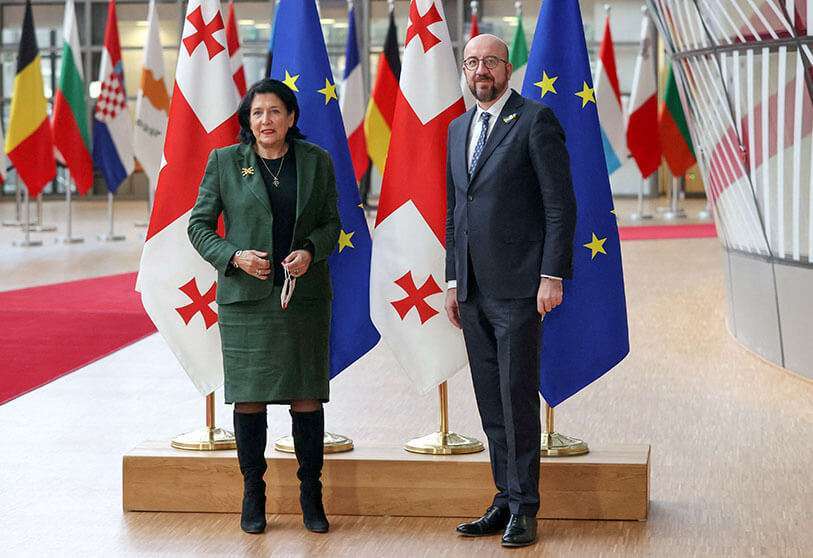Georgia applies for immediate EU membership

Russia's tragic invasion of Ukrainian territory, and Ukraine's request, has accelerated the application of other countries to join the European Union Community. Georgia has been one of those nations. "Starting from the common political context and taking into account the new realities (...) we made a decision to submit without delay the application for the accelerated granting of candidate status to EU members," said Irakli Kobakhidze, chairman of the ruling Georgian Dream party and majority leader in parliament.
Georgia had planned to join the EU from 2024, but the Georgian administration announced yesterday that it will make official its application for the initiation of the special accession procedure for EU membership, and thus recognition as a candidate country to join the European club. In principle, the application will be made official later this week because the application is being "prepared". Shalva Papuashvili, speaker of the Georgian parliament, posted on social media that "Georgia officially applies for EU membership".
.

"The Georgian government, headed by the prime minister, is already preparing an application for EU candidate status," Kobakhidze said. In fact, he stressed "the need for the EU to consider the application in emergency mode and make a decision as soon as possible on whether or not to grant candidate status to the Caucasus country. In recent years, our government has made a number of impressive achievements on its path towards EU integration," added Irakli Garibashvili.

Georgia, like Ukraine, is in a similar situation, as Georgian President Salome Zurabishvili compared with the self-proclaimed republics of Donetsk and Lugansk, and the situation Georgia experienced after the Five Days War with Tbilisi. In 2008, Russia recognised Abkhazia and South Ossetia, both of which rejected integration into the Georgian state outright. According to Zurabishvili, "the same script is being repeated that led to the occupation of 20 percent of Georgia's territory, when Moscow recognised the independence of secessionist Abkhazia and South Ossetia, a step that led to the rupture of relations between Georgia and Russia". Georgia, along with Ukraine, are nations that Russia wants to prevent from joining NATO.

Tbilisi's decision was influenced by Ukrainian President Volodymir Zelensky's announcement that Ukraine would immediately and "without delay" join the European Community, in order to put an end to the "special military operation" initiated by Russian President Vladimir Putin. "We call on the European Union for Ukraine's immediate accession under a new special procedure," Zelenski said. Following this, the European Parliament passed a resolution granting Ukraine status as a candidate country for EU membership. The resolution was adopted by a majority of 637 votes in favour, 13 against and 36 abstentions.
The rapprochement of Russia's neighbouring countries towards the EU is making Putin feel threatened, with the exception of Belarus, because in the long term these nations will consolidate themselves as full democracies, similar to the European ones, as well as developing close economic, political, social and other relations with European states. This would mean the end of the Cold War system and the 'spheres of influence' that Russia has been trying to maintain in recent times.

In 2004 Georgia signed the Association Agreement with the EU. By joining the EU, Georgia wants to ensure its security and gain the support of the 27 EU member states. Kobakhidze called on "the relevant EU entities to study the application under extraordinary regime and make a decision on granting this status". "EU integration is our constitutional mission," Kobakhidze concluded. The last country to join the EU was Croatia in 2013, ten years after the start of the procedure.








